“The journey’s been pretty high speed,” Gary O’Neil says as he opens up on a whirlwind start to his managerial career. “When you’re in work it’s different because there’s always another massive game coming, whereas this has really given me time to have a deep dive into everything. The real benefit is the chance to breathe.”
Sometimes there is an upside to life slowing down. O’Neil has had time to reflect and ask himself tough questions in the seven months since his sacking by Wolves. Why did it unravel after such a promising start? O’Neil is hungry. He has devoted a lot of time to studying set pieces and speaking to experts in the field given that a poor record at dead balls played a big part in Wolves’ struggles this past season.
O’Neil is not bitter about Wolves, who were 19th in the Premier League when they decided it was time for a change. The 42-year-old is happy that Vítor Pereira guided the club to safety.
It is worth pointing out that O’Neil had not been coaching long when Bournemouth asked him to go from first-team coach to interim manager after a 9-0 defeat by Liverpool led to Scott Parker’s departure at the start of the 2022-23 season. He started at Liverpool’s academy and remembers making little mistakes in training. It was part of the learning process.
“It’s been two and a bit full-on seasons of Premier League football straight in,” O’Neil says. “I don’t think you’ll find many people in any industry who feel they’ve hit their peak after two years. I knew there were going to be gaps because that’s the journey. You close your gaps the longer you’re in it.”
O’Neil has been to St George’s Park to speak to the Football Association’s technical director, John McDermott, and to deliver presentations to aspiring coaches. He has been to the rugby league side Wigan Warriors to observe their manager, Matt Peet. O’Neil loved seeing how Wigan’s players took responsibility for their preparation. Experiencing those cultures has left O’Neil thinking about how to build his own at his next club.
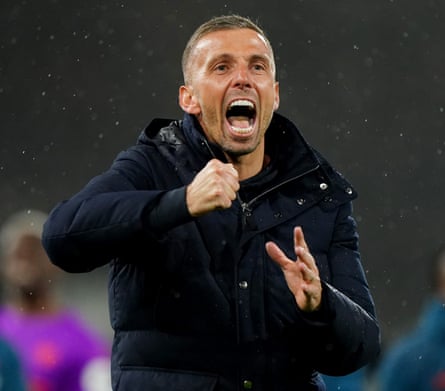
Bournemouth’s squad was easy to manage. They finished 15th in their first year back in the top flight. Bill Foley’s takeover was in the works and O’Neil was told that survival was key. He adjusted his tactics accordingly. No promoted side have stayed up since but O’Neil was replaced by Andoni Iraola at the end of the year. He is proud to have played a part in Bournemouth’s rise.
What does O’Neil make of the debate around a manager’s philosophy. “I don’t like the word,” he says. “The time you use your philosophy the most is actually in the job interview. In the two jobs I’ve gone into we’ve had to be incredibly adaptable.
“I have a real clear way in how I want my team to play. When I got to Wolves there wasn’t all the components there that would have fitted into exactly what I wanted this to be. It had been a back five for a very long time.”
O’Neil was parachuted in at Molineux after Julen Lopetegui left on the eve of the 2023-24 season. His first season featured doubles over Chelsea and Tottenham, a precious win at West Brom in the FA Cup and a stunning victory over Manchester City.
“You go through the goals we’ve scored, some of the quality, some of the results,” O’Neil says. “Even the Fulham game last season, so much was off the training ground. There’s a win over Chelsea at Stamford Bridge when we got four moves we’d worked on since we got there.
“If you only focus on the end, you can convince yourself that it was an unsuccessful experience, but it wasn’t. We stayed at Wolves for a very long time. We’ve got that whole group of players from different cultures to buy into my way.”
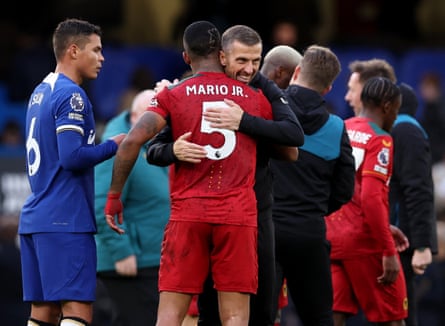
O’Neil, who really started thinking about management when an ankle injury threatened to end his playing career in 2011, has come prepared. He offers an insight into his methods and rigour by bringing up clips of his work with Pedro Neto and Matheus Cunha in training. He talks about using Neto on the right and teaching him how to become more unpredictable by coming in off the flank. Bukayo Saka was a reference point for the Portugal winger. O’Neil got into Neto about his final ball, telling him it had to be better if he wanted to play for a top club. There were endless drills on cutbacks with his right foot and inswinging crosses with his left.
“I was fortunate that Matheus and Pedro were both at an age where they were still ready to lap that stuff up,” O’Neil says. With Cunha, he focused on turning the Brazilian into an inside left who could get into positions to bend shots into the far corner with his right foot. So much work went into changing the new Manchester United forward’s mentality; into making him more diligent without diminishing his maverick talent.
Selling Neto to Chelsea last summer was disappointing. “It was a tough phone call,” O’Neil says. “We’d had a fantastic pre-season. It had been fairly quiet around him. We’d discussed that we might lose him. But then there’s not too much going on. We’d started to develop his relationship with Nélson Semedo on that side. Then Chelsea come and there was only going to be one outcome.”
Wolves were not in a strong financial position. Their defence was weaker after they sold their captain, Maximilian Kilman, to West Ham. A challenge for European qualification during O’Neil’s first year fizzled out as injuries in attack bit. Fans grumbled after Wolves, who finished 14th despite being tipped to go down when Lopetegui left, lost at home to Coventry in the quarter-finals of the FA Cup. O’Neil offers context, saying the absence of Neto, Cunha and Hwang Hee-chan forced him to promote youth and use makeshift players in attack. He loved the challenge but understood the realities.
after newsletter promotion
Momentum eluded Wolves, the pressure rising at the start of the season. “No matter how we played we still found a way to concede goals,” O’Neil says. “Some of the data shows that we were still improving but we were never able to get a result. We’re better than Newcastle for 70 minutes at home and lost 2-1. We took Manchester City close and concede a corner in the last minute.”
Wolves had conceded 20 times from set pieces by the time O’Neil went. They had already sacked their set-piece coach, Jack Wilson, after losing 5-3 to Brentford. O’Neil points out that his defence was ravaged by Kilman going, Craig Dawson returning from groin surgery and Yerson Mosquera sustaining a serious knee injury.
“A lot was down to the bad luck of us missing people with aerial presence during that period,” he says. “The more you concede, the more the confidence starts to drop. But things not going well forces your focus on to them. In my time between Bournemouth and Wolves, would I have been looking at set pieces much? Probably not. But because of how Wolves finished up it increases my focus. We’ll definitely be much better at them the next time we go in.”
O’Neil had a lower net spend than managers at similar clubs during his time at Wolves. The data was also favourable. Wolves’ expected goals improved under O’Neil.
But he accepts that results were not good enough. “I felt we needed to get to January,” O’Neil says. “We needed to plug the hole at the back. We signed a lot of players in the summer, but a lot of young players. We were going to try and have some older ones ready to go in. I always felt like we’d have enough to turn it around but in the end you accept your fate.”
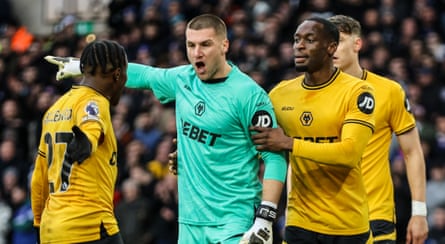
It did not help that there were flashpoints towards the end of O’Neil’s time. Mario Lemina was stripped of the captaincy after clashing with teammates and squaring up to a member of the backroom team after an unlucky 2-1 defeat by West Ham. There were also angry scenes after O’Neil’s final game, which ended in a 2-1 defeat by Ipswich.
“I think the players were incredibly frustrated on the inside and in the dressing room,” O’Neil says. “We were still 100% together. There wasn’t any letup at all. That West Ham game, we gave everything. But there were issues at the time, and the club were able to fix them in January.”
Now for the next challenge. One charge against O’Neil is that he can be too emotional in post-match press conferences.
“I try to be honest,” he says. “I’m really calm on the sideline. But I think it is important that you have some emotion in the job. It can be powerful for players. I’ll always try and find the right balance and it will have been on my list of things that I looked at in my time out.
“There’s been some honest conversations with myself in the mirror, with some of my coaching staff, with people that I trust around what we need to do. We’re two years in and it’s gone very quickly. Sort of like a high-speed train. You’re on it and there’s no real opportunity to get off. But now that we’ve managed to have a little debrief and figure out what the next one looks like, you pick the next train. You get ready to go again.”

 7 hours ago
2
7 hours ago
2

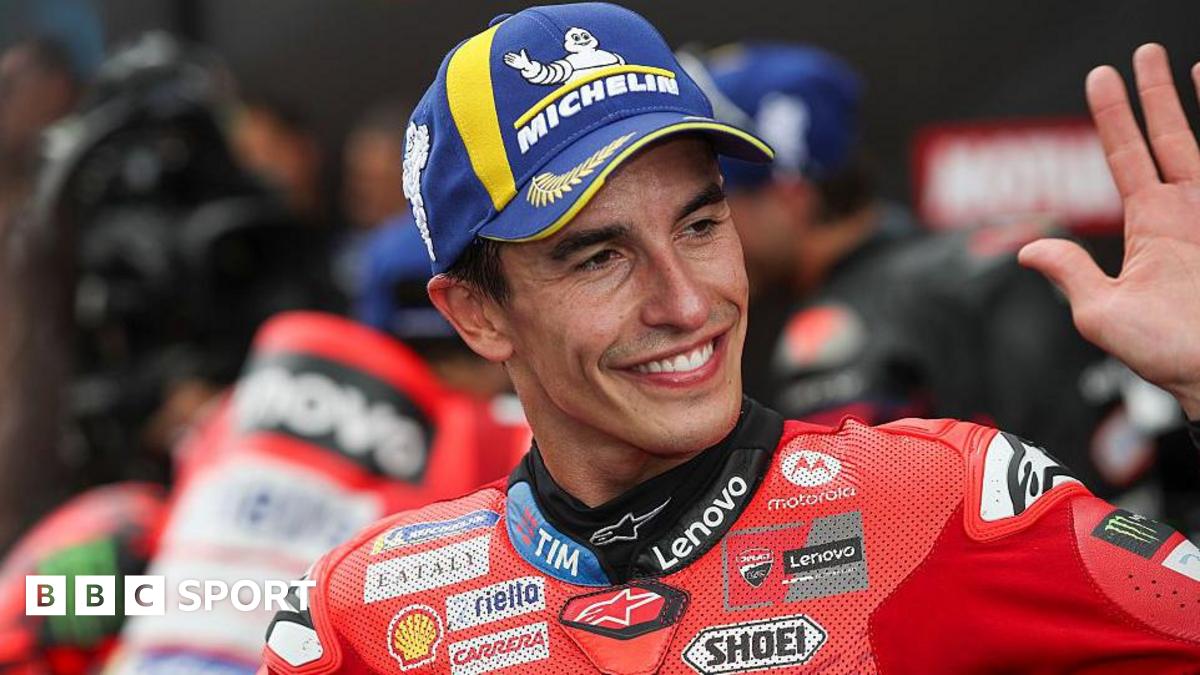
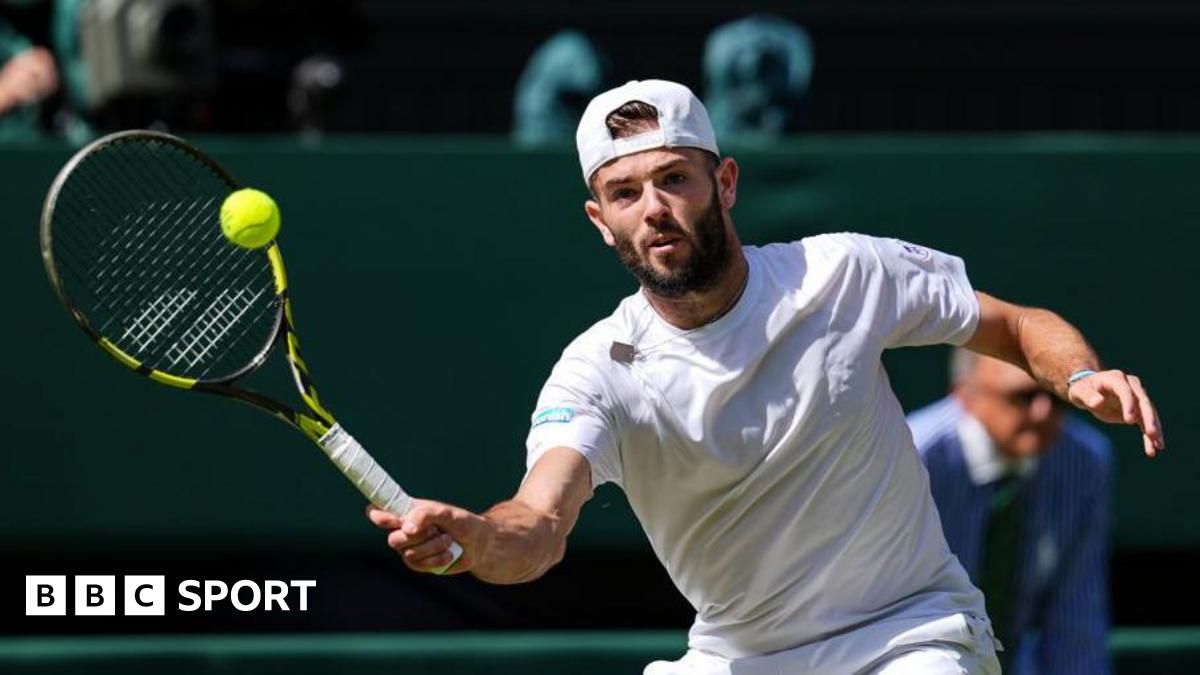
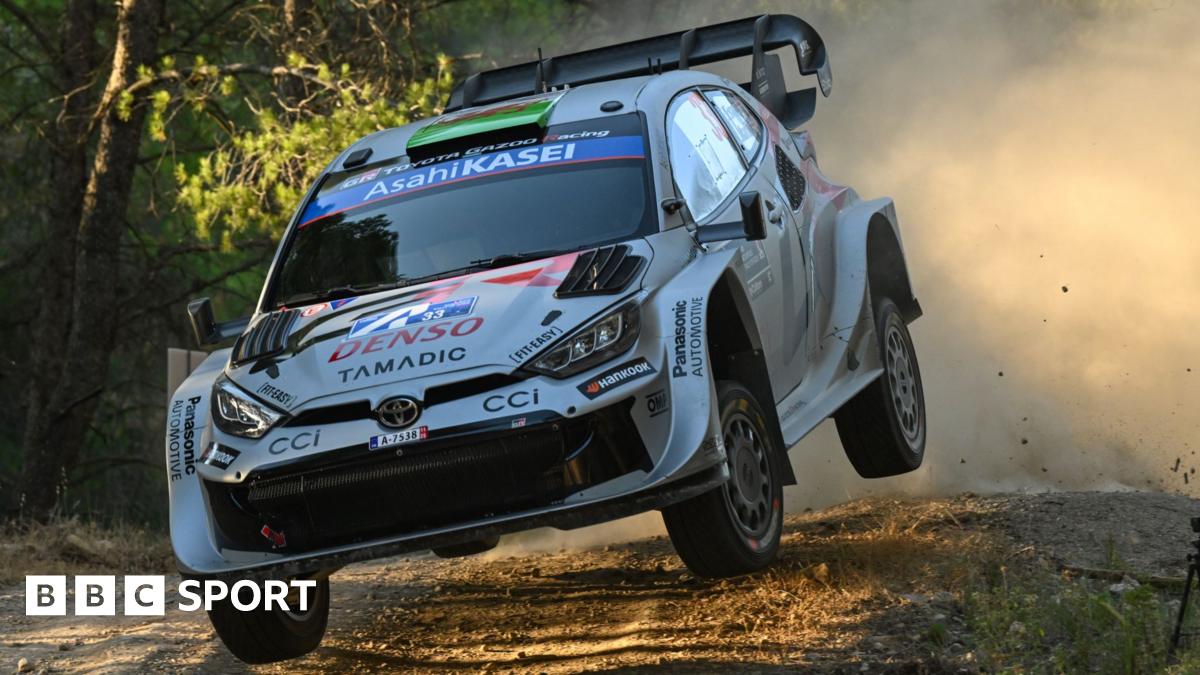

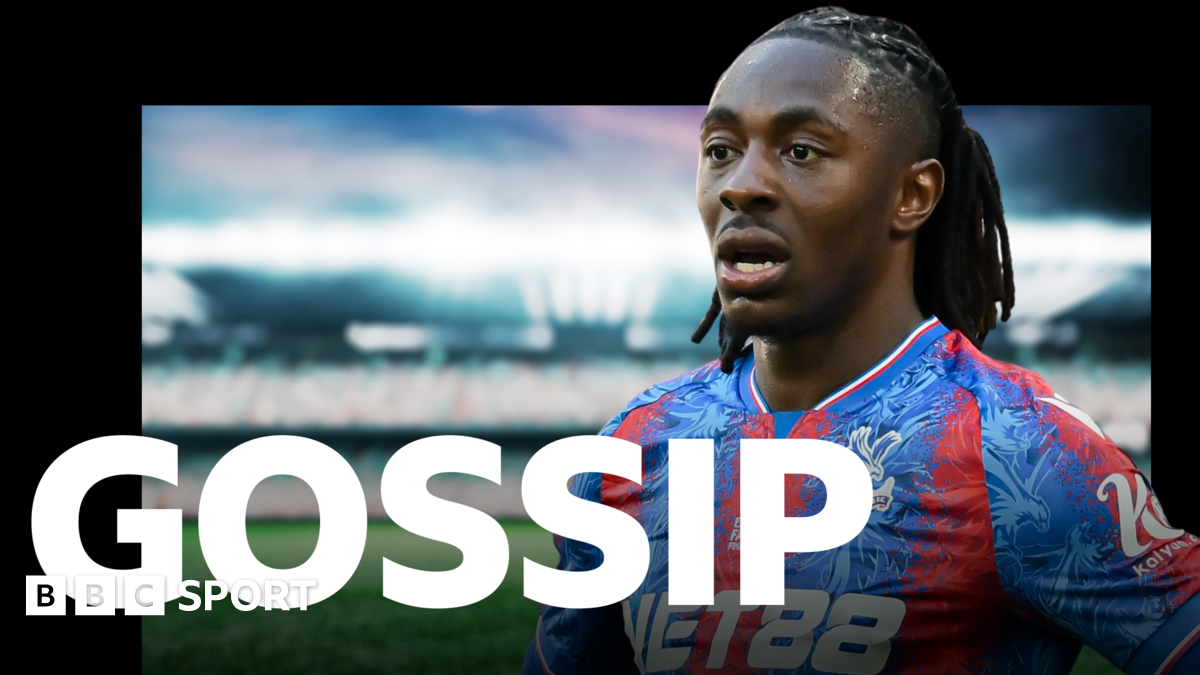

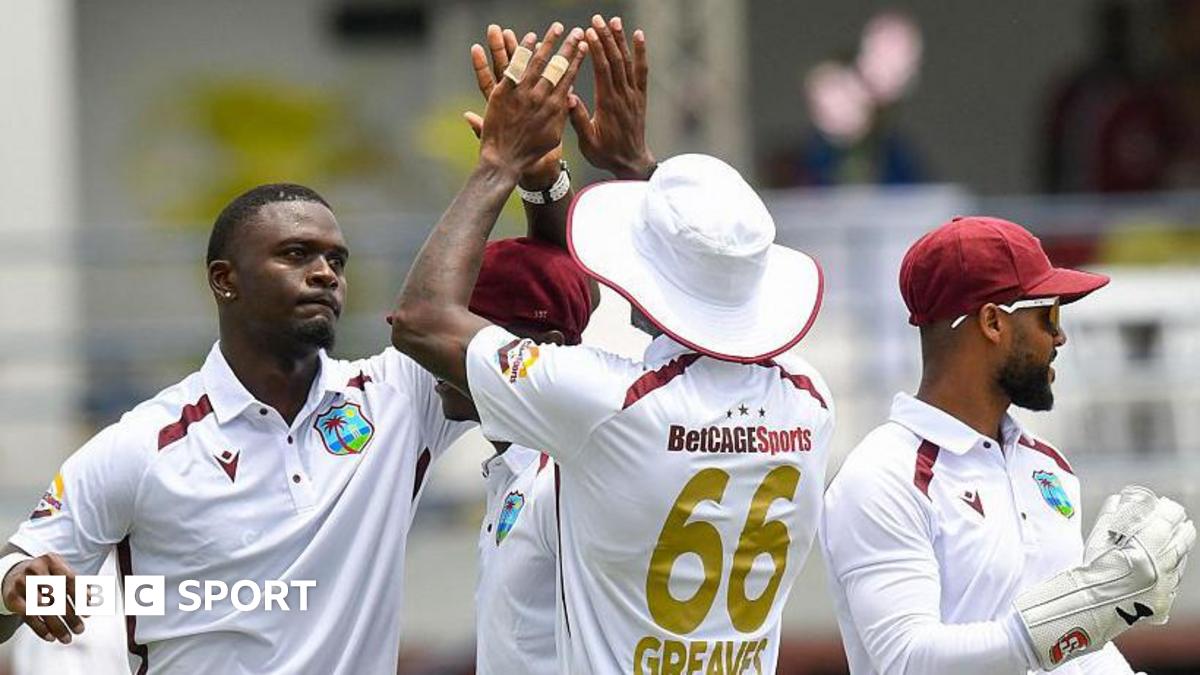
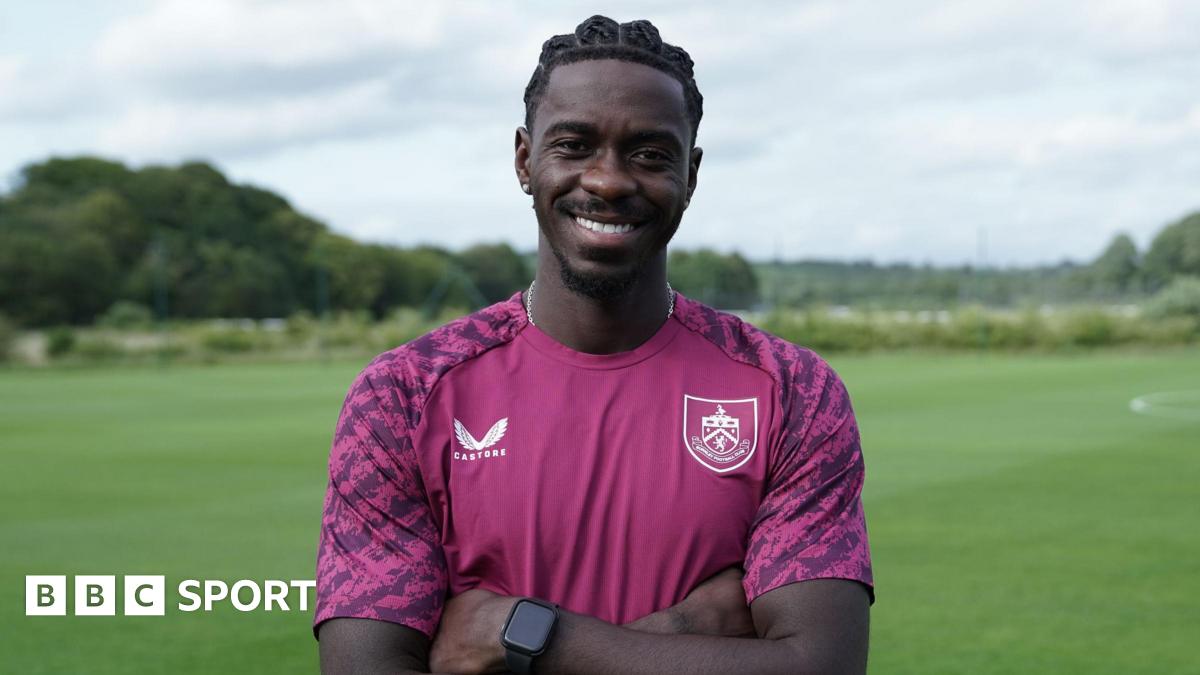
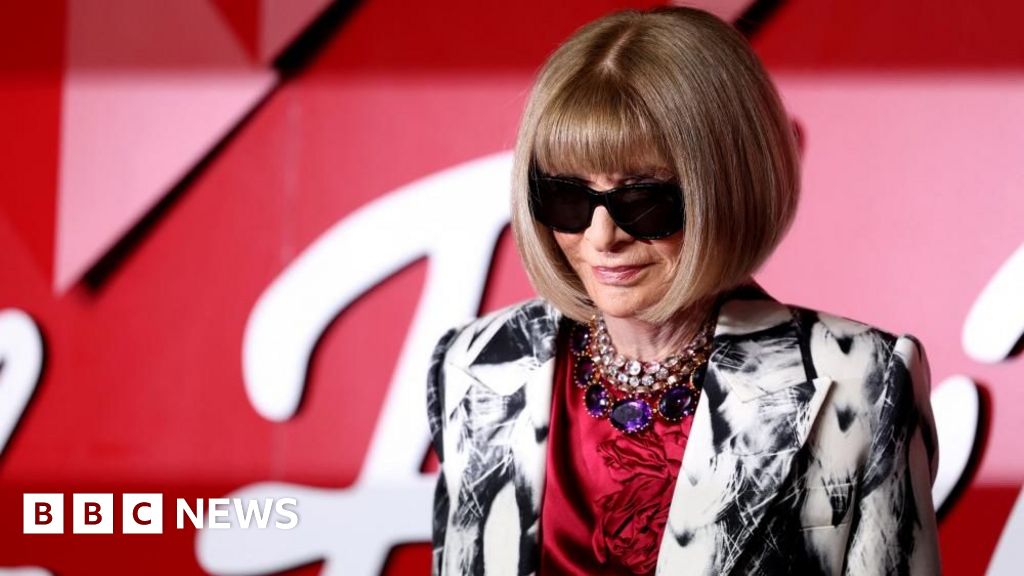
 English (US)
English (US)